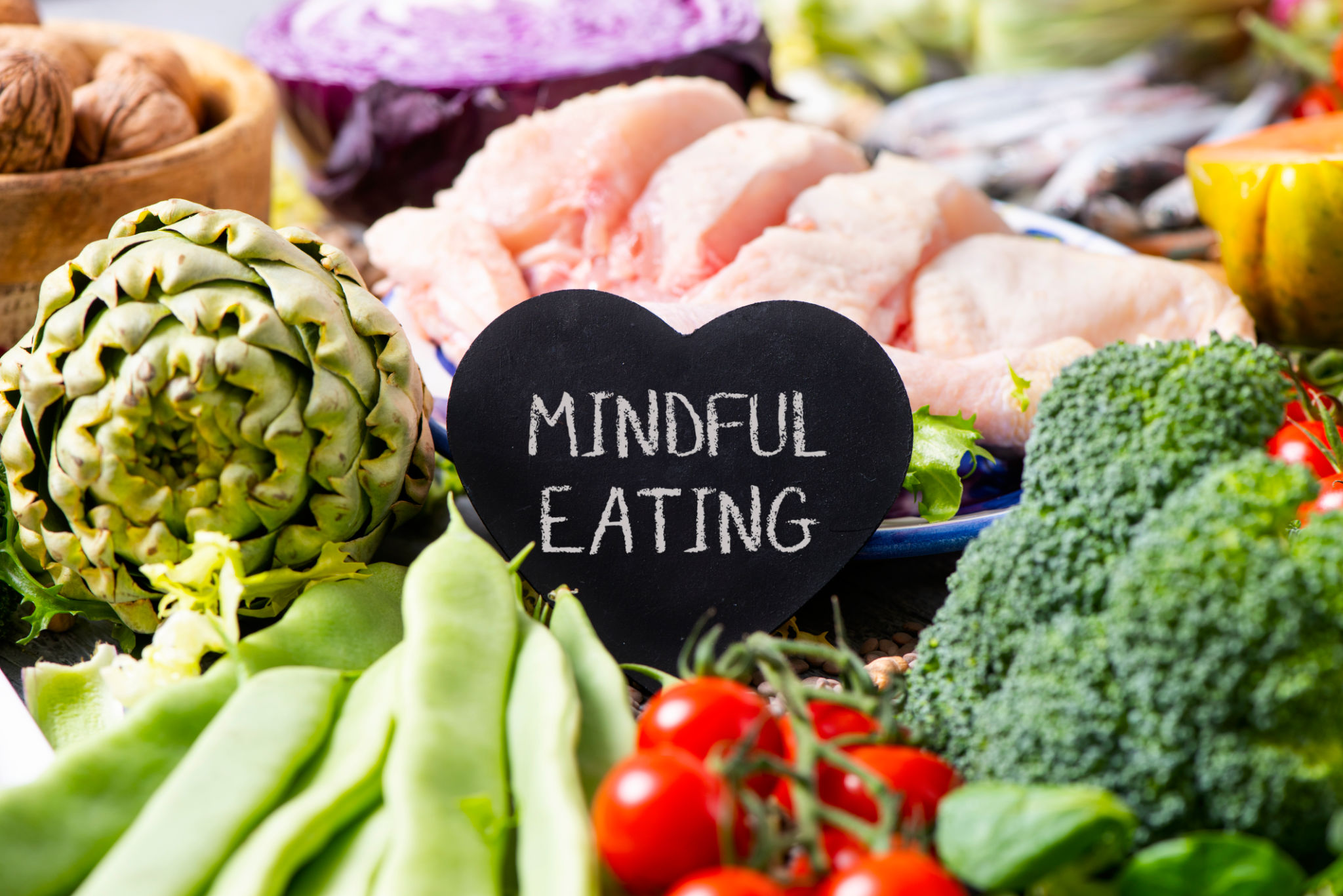Building a Healthy Relationship with Food: Tips for Life-Long Wellness
Understanding Your Relationship with Food
Building a healthy relationship with food is essential for achieving life-long wellness. It's about understanding your body's needs, recognizing hunger signals, and making mindful choices. A positive relationship with food promotes both physical and mental health, leading to a balanced lifestyle.
Many people struggle with their food relationships due to societal pressures, dieting culture, or misinformation. The key is to focus on nourishment rather than restriction, and to view food as an ally rather than an adversary.

Listen to Your Body
Your body is a powerful communicator. It tells you when it's hungry, when it's full, and even when it needs specific nutrients. By tuning into these signals, you can make more informed decisions about what and when to eat. This practice, often referred to as intuitive eating, encourages you to trust your body's cues over external diet rules.
Try keeping a journal to note your hunger levels and feelings before and after meals. This can help you identify patterns and understand your body's natural rhythm.
Embrace Variety and Moderation
A balanced diet includes a variety of foods from all food groups. Embracing diversity in your meals ensures that you get all the essential nutrients your body needs to function optimally. Instead of labeling foods as "good" or "bad," focus on moderation and portion control.

Enjoy your favorite treats without guilt by incorporating them into your diet in reasonable amounts. This approach helps prevent the cycle of restriction and bingeing, promoting a healthier relationship with food.
Practice Mindful Eating
Mindful eating involves paying full attention to the experience of eating and drinking, both inside and outside the body. When you're mindful, you're aware of the colors, smells, textures, flavors, temperatures, and even the sounds of your food.
By slowing down and savoring each bite, you can improve digestion, enjoy food more, and recognize hunger cues more effectively. Mindful eating helps transform mealtime into an enjoyable experience rather than a rushed necessity.

Educate Yourself About Nutrition
Understanding basic nutrition principles can empower you to make healthier food choices. Familiarize yourself with macronutrients (carbohydrates, proteins, fats) and micronutrients (vitamins and minerals) to better comprehend how they support bodily functions.
Consider consulting a registered dietitian or nutritionist for personalized guidance tailored to your unique needs and lifestyle. Education is a powerful tool in building a sustainable relationship with food.
Create a Positive Food Environment
Your surroundings significantly influence your eating habits. Cultivate a positive food environment by stocking your kitchen with nourishing foods, preparing meals at home more often, and creating pleasant dining experiences.

Additionally, surround yourself with supportive individuals who respect your dietary choices and encourage your wellness journey. A positive environment can reinforce healthy habits and support long-term well-being.
Conclusion
Building a healthy relationship with food is an ongoing journey that requires patience and kindness toward yourself. By listening to your body, embracing variety, practicing mindfulness, educating yourself about nutrition, and creating a positive environment, you can foster a balanced approach to eating that supports life-long wellness.
Remember that every step you take toward improving your relationship with food is a step toward a healthier, happier you. Celebrate your progress and remain open to learning and growing along the way.